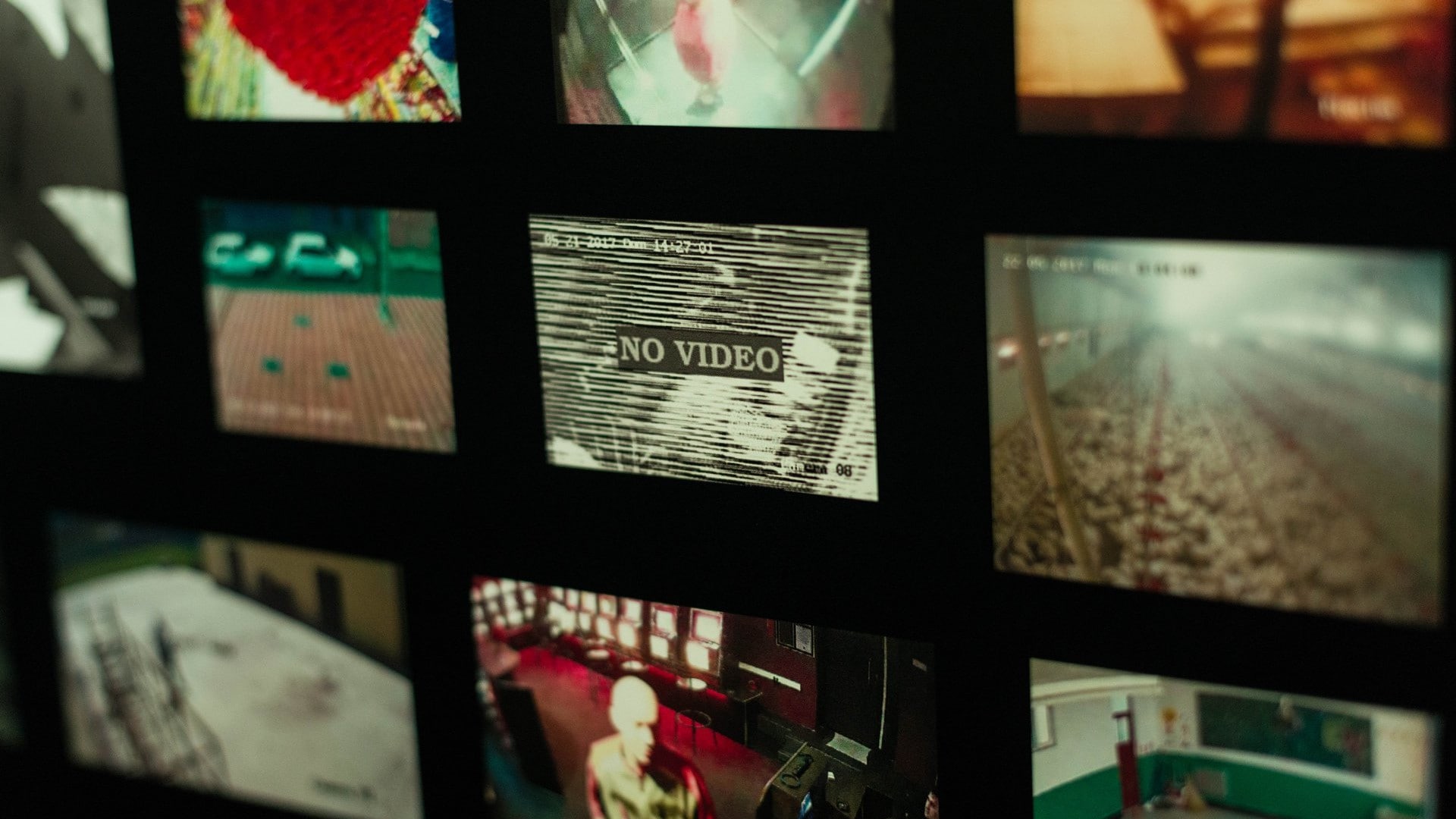The Work of Art in the Age of Artificial Intelligence
Natalia Fuchs and Helena Nikonole | Talk by Maurice Jones

Photo courtesy Helene Nikonole and Natalia Fuchs
Within the framework of the CTM 2019 exhibition, two events focused on current notions of Artificial Intelligence in art and society will take place at and in collaboration with Art Laboratory Berlin. Both are free and open to the public, however the workshop is limited to 10 people and therefore requires pre-registration. The CTM 2019 Persisting Realities exhibition is on at Kunstraum Kreuzberg/Bethanien until 17 March.
13 March | “Are Androids the better humans?”
Tokyo-based curator and cultural diplomacy researcher Maurice Jones examines how different attitudes towards AI, robotics, and transhumanism are explored and represented through Japanese society’s affinity towards technology, automisation, etc. The talk is free and open to the public.
14-15 March | “The Work of Art in the Age of Artificial Intelligence”
This conceptual artistic research workshop by media art curator Natalia Fuchs and media artist Helena Nikonole that spans Artificial Intelligence as a concept, neural networks as a tool, and research-based curatorial solution as an approach. According to Helena Nikonole, an artistic exploration of the potential possibilities (and also potential risks) of technologies like Artificial Intelligence or the Internet of Things is necessary to understand the context of modern technologically and media determined world. Natalia Fuchs is a media art curator that is dealing with historical contexts when curating exhibitions and art projects. From her point of view, it is crucial to see how new media choice for the artist correlates with topological spaces in the history of art. In other words, referencing notion to an external space is her approach to building media art communities stable and persistent; what is reflected in the “The Work of Art in the Age of Artificial Intelligence” which become global research community platform for the artist, curator and technology specialists.
In their workshop Natalia and Helena share their experience on contemporary conceptual artistic and curatorial work in the field of media art in relation with Artificial Intelligence. Participants are invited to join the research-based practice, starting with exploring intuitive interest in some issue and transforming this interest into research methodology and continuing with the selection of an instrument and form, and finally to art project development. In the practical part of the workshop, participants will learn specific tools and evaluate their own conceptual ideas regarding artificial intelligence. Everyone who already works with ideas in any creative discipline or wants to start, and is interested in modern tools, including AI, is welcome to participate.
The workshop is free but limited to 10 participants. Please send your application including portfolio and your project idea to aiworkshop@artypical.com before 2 March. Selected participants will be informed on 4 March.
About the Facilitators
Natalia Fuchs is new media researcher, art historian, international curator and cultural producer. She was graduated from the University of Manchester (MA Cultural Management), UK, and from the Danube University (MA MediaArtHistories) in Austria. Between 2009 and 2013, she was developing the Media Forum at the Moscow International Film festival, and art fair Vienna Contemporary. In 2013 Natalia has founded art relations practice ARTYPICAL, and then was appointed as Curator of the Polytechnic Museum (Moscow) — where apart from the exhibitions (“Earth Lab” co curated with Ars Electronica, “On the Origin of the New” at the Garage Museum of Contemporary Art and others), she curated Polytech.Science.Art interdisciplinary program in 2013-2016. In 2015 program received diploma of the Ministry of Culture as “The best educational museum project” in Russia. In 2016-2018 Natalia Fuchs was curator, head of the multimedia art department and deputy director of the National Centre for Contemporary Arts in Moscow, Russia, where she launched TECHNE platform for innovative art. Starting from 2017, Natalia is also teaching Media Art History at the Moscow State University (World Art History department) and Art&Science at the ITMO University. Her latest international projects include an exhibition of technological art “Open Codes – Living in Digital Worlds” at the ZKM Center for Art and Media (co-curated with Peter Weibel) in Germany. Currently Natalia Fuchs is curator and co-producer of GAMMA festival taking place annually in Saint Petersburg, Russia, and Advisor for Barbican Centre (London, UK) for the “AI: More Than Human” exhibition dedicated to the Artificial Intelligence and to be launched in May 2019.
Helena Nikonole is a media artist and lecturer whose work explores intersections of art and technologies such as Artificial Intelligence and Internet of things. She presents lectures and workshops in the field of new media art and new aesthetic at different institutions including National Center of Contemporary Art (Moscow), Institute of Philosophy (Russian Academy of Sciences), Department of Art & Culture Education Programs and Rodchenko Art School. Exhibitions include “Persisting Realities” in the frame of CTM Festival (Kunstraum Kreuzberg, Berlin, Germany), “Open Codes” ZKM Center for Art and Media in Karlsruhe, Germany, “The Wrong – New Digital Art Biennial”, “New Codes of Art”, ELECTROMUSEUM (VI Moscow Biennial of Contemporary Art), PolitechScienceArt exhibition at GARAGE Museum Moscow, “Earth Lab” (The Polytechnic Museum and Ars Electronica Center collaborative project), “101” Mediapoetry Festival (St. Petersburg) and many others.
Maurice Jones is an international curator and cultural diplomacy researcher based in Tokyo, Japan. Following ventures into journalism and business consultancy, he has been producing, curating and communicating the electronic music and digital arts festival MUTEK.JP since its arrival in Tokyo in 2016. As MUTEK.JP’s Artistic & Communications Director, he is committed to the promotion of electronic music and digital art in Japan and the wider region of East Asia. Holding an MA in International Studies from Leiden University, he’s heavily invested in exploring the interconnection of art, music, science and technology and its impact on societal progress, public policy and intercultural exchange on a global scale.
